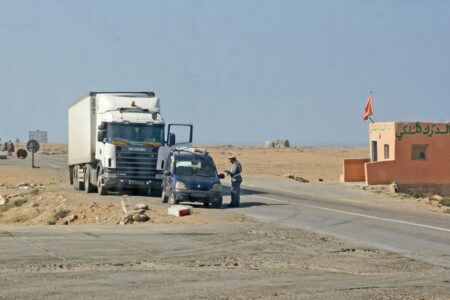A look back at a foreigner who tried to bribe his way out of a bad situation and fell even lower, because it was no use.
Bakchich or corruption, an endemic evil in Morocco
The two words do not have exactly the same meaning.
The baksheesh is primarily a (small) tip
“Are you leaving the baksheesh?” when you’re sharing the bill in a restaurant doesn’t mean you’re going to try to bribe the waiter, just that your friend is asking if you have enough cash to leave a tip.
This is the word used in everyday life for small amounts given to pay for a service, the delivery man, the butcher who prepares your meat with care.
The guard in an administration who allows you to keep your place in the queue… or to get you past others.
This is how baksheesh becomes corruption.
Baksheesh is endemic for small departments
A file at the top of the pile, a policeman turning a blind eye to a minor infraction, the parking attendant who reserves a space for you even when the lot is full, the medical secretary to get you through quickly, without an appointment…
All these little services are not very serious, they are just the little finger in the pie.
Corruption exists, less common than we think
In some sectors, such as health, illegal practices go far beyond baksheesh, such as double fees demanded as a kickback for an operation that, of course, will never be reimbursed by the mutual insurance company.
But in everyday life, corruption is receding. Morocco has been fighting against this practice for decades, this fight is even an electoral battle horse. To sum up, Moroccans refuse corruption but often believe they are “obliged” to practice it, and they are not always wrong.
<p
Baksheesh is a tradition in Morocco, a light and almost daily corruption, which is modernised with the evolution of the laws and resists the automatisms foreseen to put an end to it, such as the radars.
Corruption in Morocco, an endemic evil to fight. And a practice to be avoided, when one does not know how.



